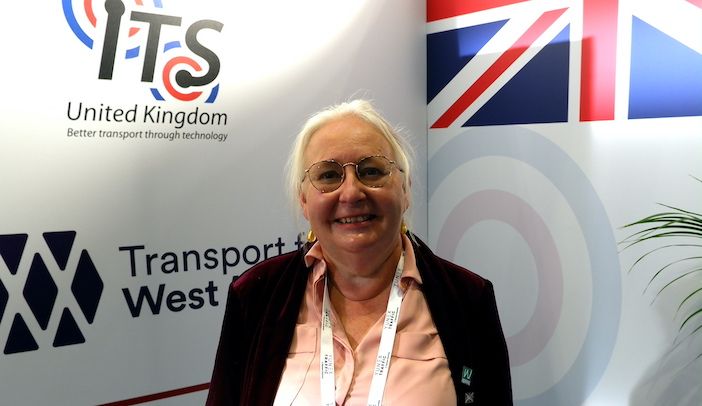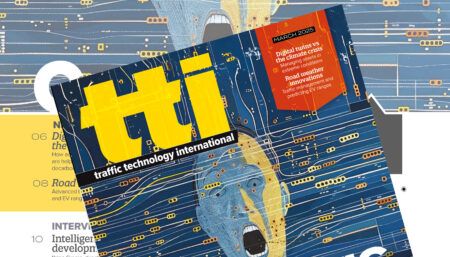Freight and logistics experts in the UK’s Intelligent Transport Systems Industry Association have been presented with a compelling case for haulage firms to share more data to make their industry more efficient.
The ITS (UK) Freight Forum meeting heard from Connected Places Catapult principal engineer Shyful Choudhury who outlined a new project he’s running to understand how to source and make the most of freight and logistics data, to best meet the challenges facing the industry.
The CPC is working with the Department for Transport on the Logistics End-to-End Data Research project which will define an approach for accessing traditionally disparate data sets into actionable knowledge. It’s aimed at helping the industry to unblock pinch-points in their supply chains and the DfT target investment and policy decisions to better understand freight flows across the transport system, identify inefficiencies and bottlenecks of freight movements.
When asked what’s in it for the private sector, Mr Choudhury explained, “A lot of data is contained within the private sector, so part of this project is really to start to get the sector engaging. What we hope will be delivered is that the private sector will benefit from those investment decisions that that DfT makes, impacting bottlenecks and pinch points, which obviously impact them day-to-day. By unlocking that data, we can look at ways to resolve common issues, such as driver shortages or driver facilities, or customs checks as an example. Long-term benefits to the industry are potentially huge.”
The CPC is currently pulling together a series of case studies demonstrating key enablers for successful data sharing practices and outcomes to help make better sharing of information a reality. These will feed into the subsequent work packages that will result in the mapping of a product journey from end-to-end, and associated freight and logistics data use cases.
The Forum meeting also heard from Toby Hiles of Grid Smarter Cities about the kerbspace management solution his company has pioneered for Local Authorities, and how it can also improve delivery firms’ efficiencies by more than 20 per cent. The system involves using software to digitally book slots at the kerbside at specific times; reducing congestion and air pollution through unsafe double-parking and eliminating the need for vehicles to drive around an area looking for a space.
“The presentations really demonstrated the potential for technology and good application of data in transport,” commented Forum vice chair Andy Oakey of Southampton University. “It was a great way to start the year, and I look forward to what the Freight Forum can share with each other in 2022.”

“This was exactly the sort of Forum meeting ITS (UK) has become known for,” added Secretary General Jennie Martin. “We had a group of interested and engaged experts hearing about new ideas and then contributing to an interesting discussion.”
Images: AdobeStock, Tom Stone





